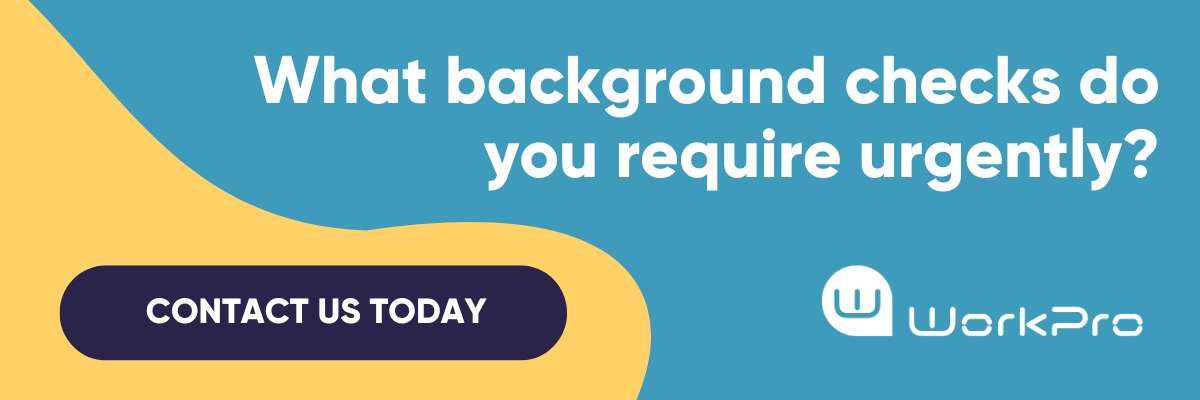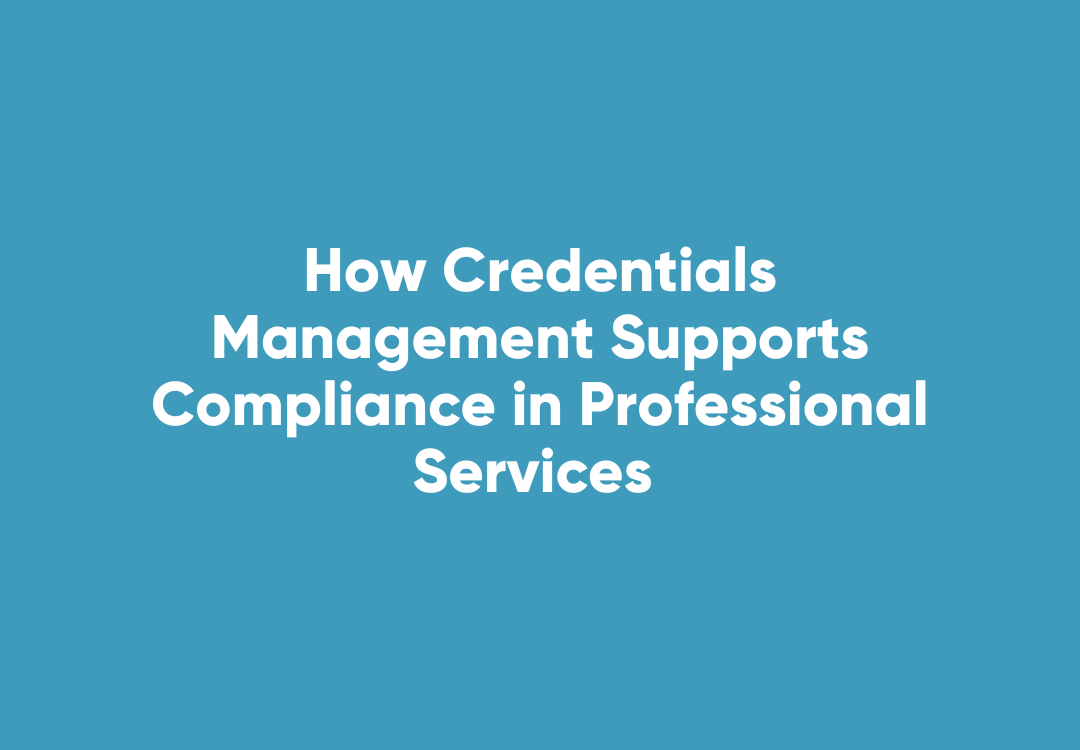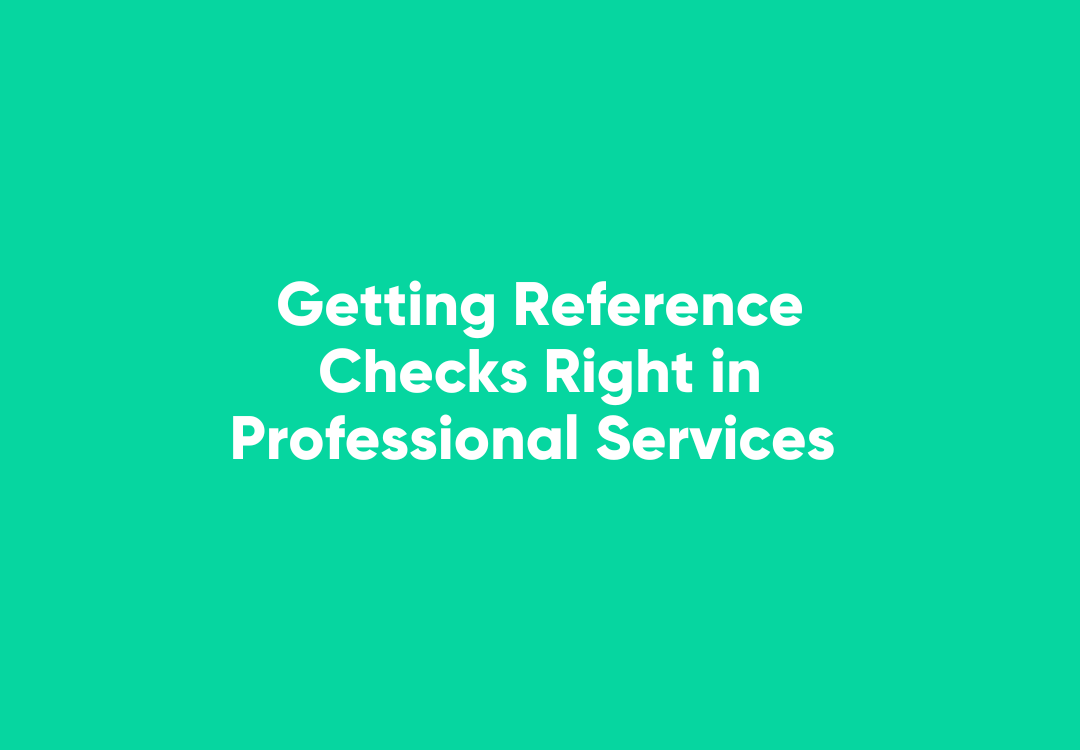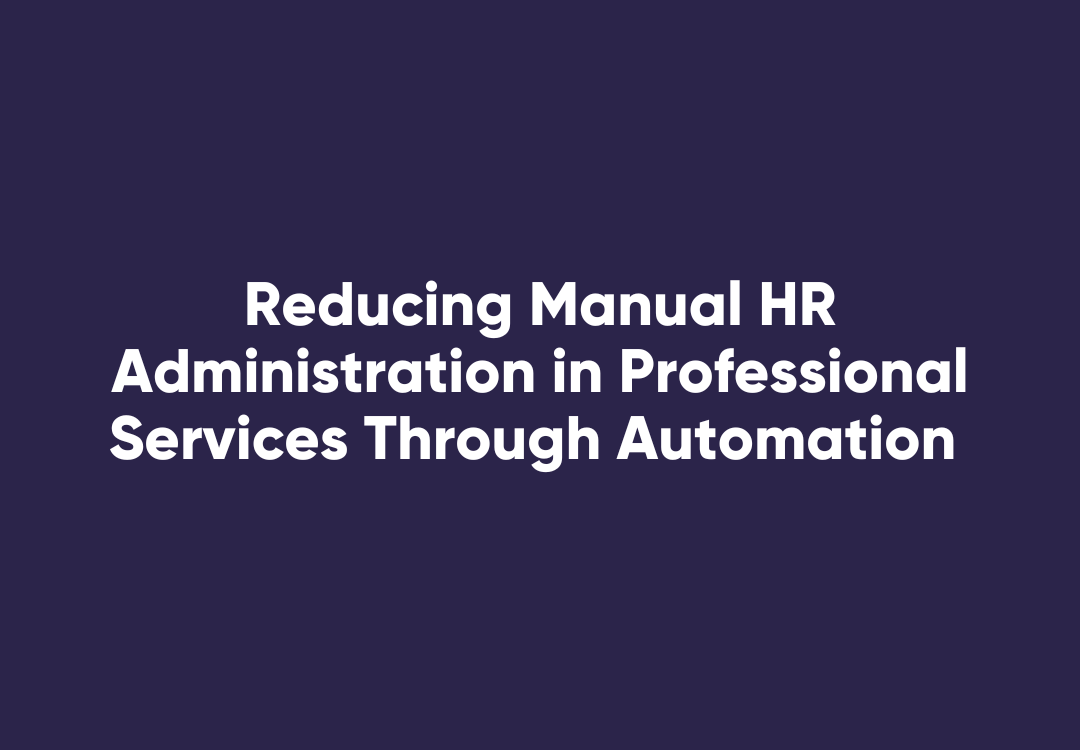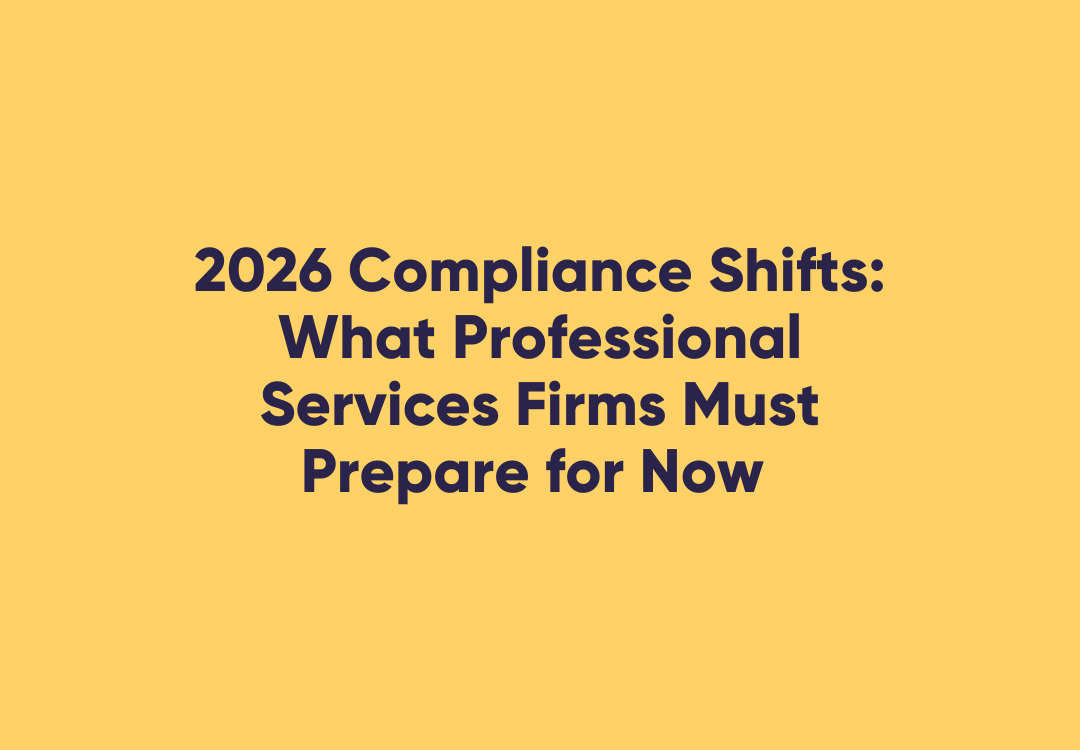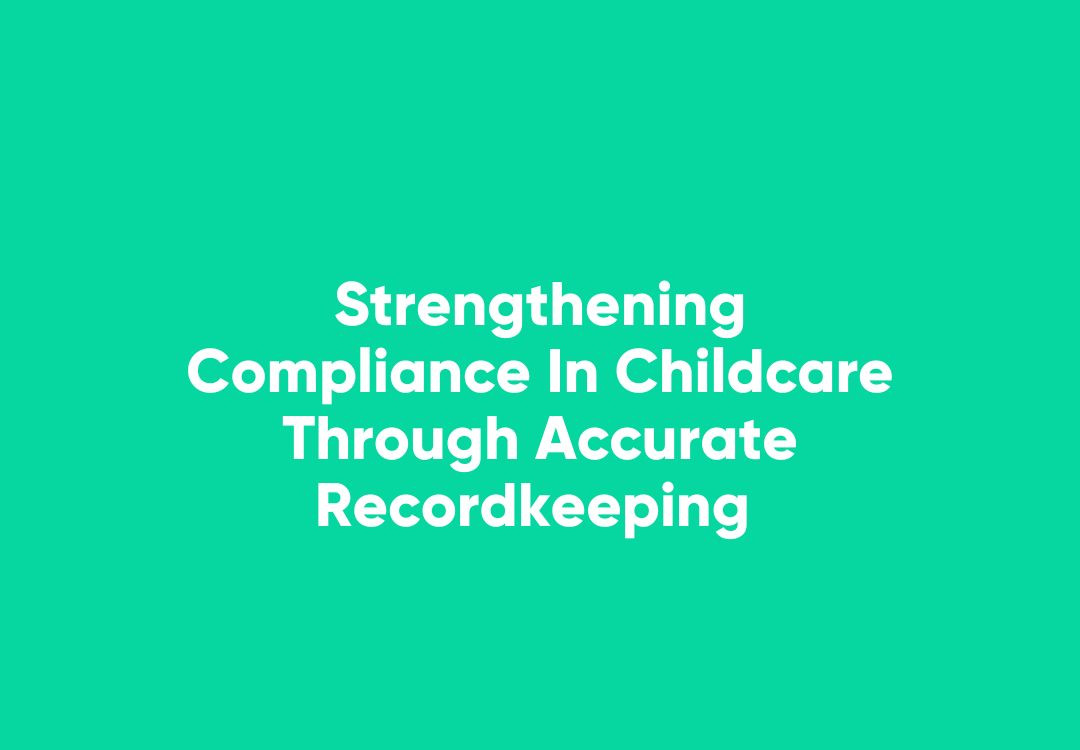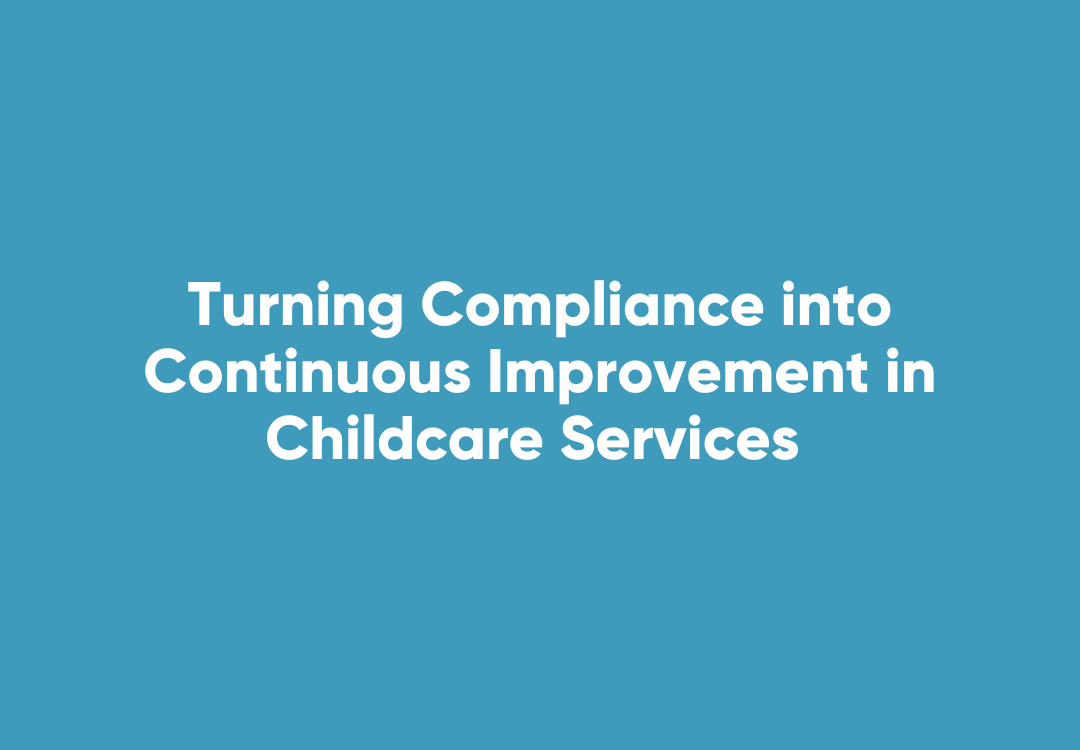The Critical Role of Social Media and Adverse Media Checks in Contemporary Recruitment
What is a social media check and adverse media check?
A
social media check
for employment purposes involves reviewing a candidate's publicly available online presence and activity across various social media platforms. The check is designed to gather insights into a candidate's behaviour, interests, and public interactions that might be relevant to their job performance or compatibility with the company's culture. The goal is often to identify potential red flags or confirm the positive attributes of a candidate beyond what is presented in a resume or interview.
Conversely, an
adverse media check
explores a candidate's past through the lens of media coverage, looking for any involvement in activities that could be harmful to a company's reputation. These activities might include financial fraud, drug trafficking, or other criminal behaviours. Such checks are essential for roles requiring high levels of trust and visibility, helping safeguard the business's brand and culture.
Conducting Checks Fairly and Legally: A Closer Look
When incorporating social media and adverse media checks into the hiring process, it's crucial for companies to navigate the balance between thorough vetting and a candidates' rights, including privacy. Some areas for consideration when using these checks:
- Establish clear, consistent policies that adhere to legal standards
- Ensure that each check is considered in light of the relevance to the role in question and executed uniformly for all candidates, so that no one is unfairly targeted or discriminated against, based on non-job-related information.
- To make sure no bias is applied, engage a background checking company who is adept and experienced in conducting checks that comply with legal requirements and focus only on publicly available, job-relevant information.
- Gain informed consent from the candidate and build transparency into your processes to promote an atmosphere of trust and respect.
- Focusing only on job-related information during these checks is essential to avoid making employment decisions based on irrelevant personal characteristics or protected attributes, such as race, religion, or personal life choices, which are not pertinent to their professional capabilities or conduct.
The Role of Reputable Partners Like WorkPro
Selecting a background check provider is not a decision to be made lightly. Partnering with a reputable service provider attracts layers of ethical and regulatory compliance to the process. WorkPro's commitment to legal standards and ethical practices ensures that the checks are conducted in a manner that minimises the risk of discriminatory practices, guaranteeing a fair and unbiased screening process. This adherence to high standards is crucial for companies aiming to maintain integrity and fairness in their hiring practices.
WorkPro: Elevating Background Checks
WorkPro distinguishes itself in the competitive landscape through strategic partnerships with government agencies and trusted databases, ensuring that all background checks are both legal and compliant. These collaborations ensure that WorkPro's 100+ background and probity checks, including social media and adverse media screenings, are reliable and reflect the most current and relevant information. This reliability and accuracy are crucial for employers who depend on comprehensive background checks to make informed hiring decisions. WorkPro offers a sophisticated, yet simple online solution for social media and adverse media checks, designed to integrate seamlessly into your existing hiring process with other checks and verifications.
To complete both checks, the candidate needs to provide names (including previous names), email address/es, 7 years of address history, employer and employment information (including previous employers and dates), education and qualification details, a copy of their CV and one photo identity document, along with their informed consent that outlines what social media may be checked, for example – Facebook, Instagram, LinkedIn, and X, along with Tik Tok, and thousands of data sources globally for the adverse media check. The outcome of both is a formal document, and any commentary that is extracted from their profile that the screening company believes may be of interest to know as part of the screening process.
Taking the Next Step with WorkPro
With a reputation for excellence since 2007, WorkPro has established itself as a leader in comprehensive and compliant background checks. The company's longstanding relationships with government agencies and access to reliable databases underscores its commitment to providing the most accurate and up-to-date information. For companies looking to protect their reputation and foster a culture of integrity, choosing WorkPro means partnering with the smart technology behind a job-ready workforce. Reach out to WorkPro today to ensure your next hire embodies the skills, professionalism, and values that align with your company's vision.




